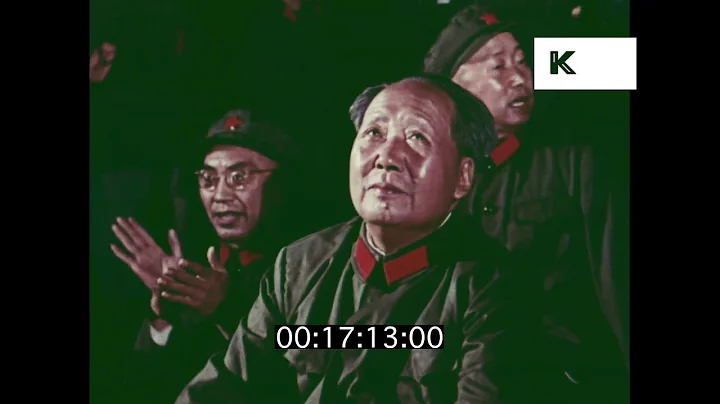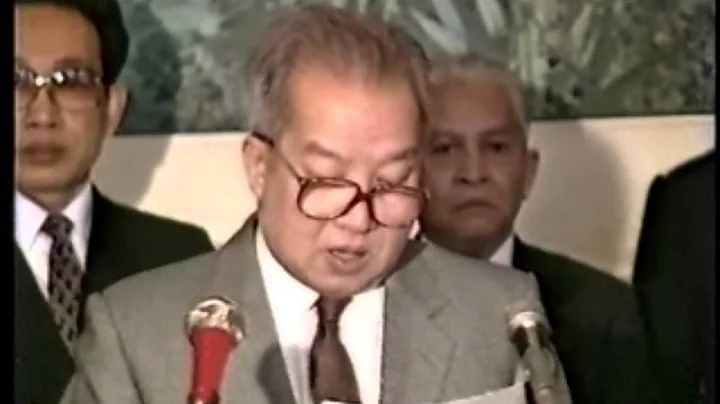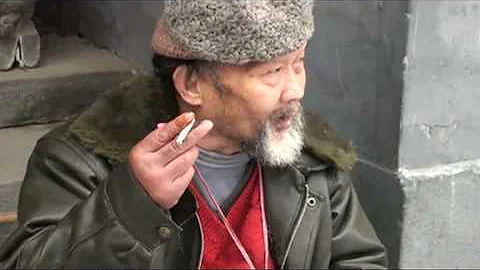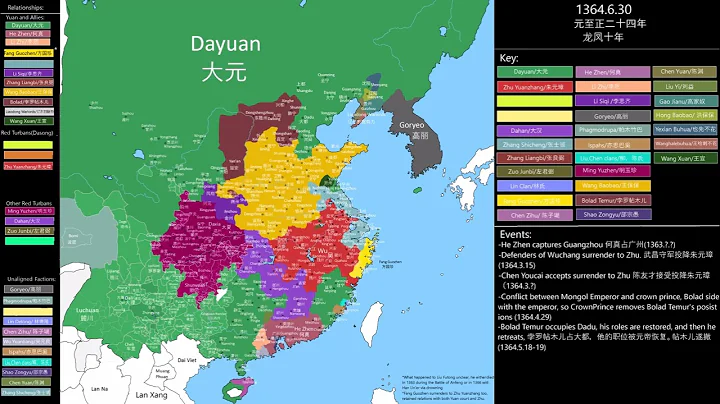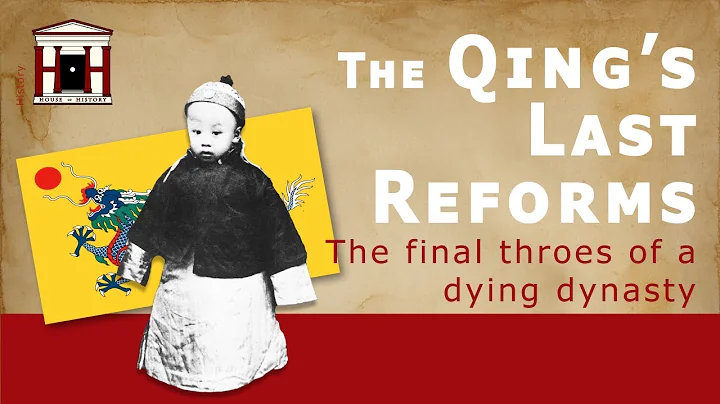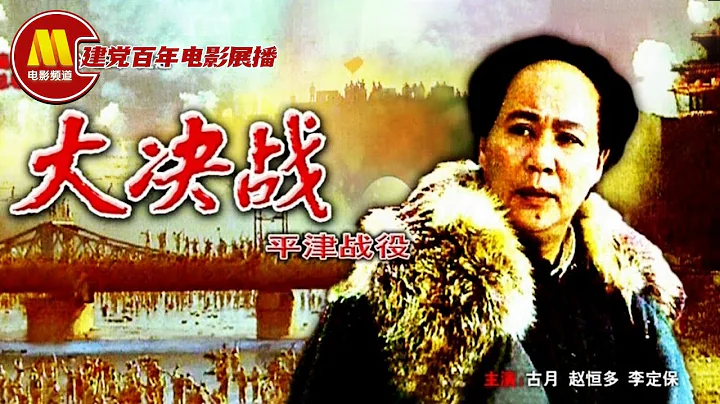On May 24, 1960, Montgomery visited China for the first time. On May 27, he met Chairman Mao and started talking.

When Montgomery came to China, the person he most wanted to see was Chairman Mao. He wanted to experience for himself what it was like for the great man who smashed the old Republic of China and created a new China.
Montgomery was a British Army Marshal. He was known as one of the best Allied commanders during World War II . The Normandy landing was his brilliant work.
In September 1958, Montgomery retired and began to be active in various countries around the world as a civilian. The two visits to China in 1960 and 1961 were both proposed by Montgomery. He set foot on Chinese soil with curiosity.
Before meeting Chairman Mao, Montgomery's mood was between nervousness and anticipation. The expectation is that he knows a lot about Chairman Mao's deeds and is clear about Chairman Mao's living legend. Now he can get his wish and meet and talk.
is nervous because the Western world portrays Chairman Mao as a ruthless, inhumane tyrant, and even a murderous ruler. This made Montgomery, who had commanded thousands of troops and defeated the fascist Nazis, a little timid and wondered whether his choice to go to China was the right one.
But one person's words made Montgomery determined to come to China in person to meet and talk with Chairman Mao.
In January 1960, Montgomery visited India and informed Indian Prime Minister Nehru of his concerns about going to China and the West's views on Chairman Mao.

Nehru laughed loudly after hearing this, and it took him a while to recover and reply: "Those statements are very incorrect. Mao Zedong looked like a kind old uncle. He was a man who had suffered a lot."
's first meeting with Chairman Mao overturned all of Montgomery's past conjectures and impressions. Chairman Mao took the initiative to reach out and shake hands with Montgomery, with a kind smile on his face, and his eyes showed a kind color, but also had a profound gaze.
The moment the two sides sat down, Chairman Mao said something that shocked Montgomery: "Did you know that you were talking to the same invader?" Montgomery was stunned on the spot, thinking about how to answer the conversation.
This was Chairman Mao's unique humor, which made Montgomery have to be very energetic and listen carefully.
Chairman Mao didn't care whether Montgomery answered or not, and then said slowly and softly: "You are talking to the same invader. In the United Nations , our country has been given such a title. Do you care that you are the same as the invader?" "Where is the conversation?"
At the end of the story, Chairman Mao himself found it interesting and laughed.
Montgomery naturally knew the meaning of Chairman Mao's words. The United Nations had passed a resolution condemning China to resist U.S. aggression and aid Korea , and determined that it was China's "invasion" of North Korea. There is another meaning, which is to drive the Kuomintang out of the mainland and establish a new China.
Montgomery has also mentioned this matter in some documents and writings in the past, and he also agrees with the view of "invasion".
It doesn't matter whether Chairman Mao asked such a question after reading Montgomery's book, or whether he said it in a humorous tone. The important thing is that Montgomery did not expect that Chairman Mao would ask such a pointed question when they met for the first time, but in such a nonchalant tone.

Montgomery began to devote himself wholeheartedly to his conversation with Chairman Mao. Soon, the distance between "East and West" was greatly shortened, like old friends who had not seen each other for many years, chatting freely. This is a heart-to-heart communication.
After Montgomery returned to China, he faced accusations from others that "Mao Zedong was cruel and ruthless". Montgomery told them: "Mao Zedong would not have been able to win unless he was ruthless in pursuing his goals. Just a little study of his deeds since 1923 can be seen."
Montgomery recognized Chairman Mao very much and called his career The work is "great".
Montgomery also told others that in a college debate in 1926, the topic of the debate was "Ruthlessness is necessary for complete victory in war."
On May 24, 1960, Montgomery visited China for the first time. On May 27, he met Chairman Mao and started talking.

When Montgomery came to China, the person he most wanted to see was Chairman Mao. He wanted to experience for himself what it was like for the great man who smashed the old Republic of China and created a new China.
Montgomery was a British Army Marshal. He was known as one of the best Allied commanders during World War II . The Normandy landing was his brilliant work.
In September 1958, Montgomery retired and began to be active in various countries around the world as a civilian. The two visits to China in 1960 and 1961 were both proposed by Montgomery. He set foot on Chinese soil with curiosity.
Before meeting Chairman Mao, Montgomery's mood was between nervousness and anticipation. The expectation is that he knows a lot about Chairman Mao's deeds and is clear about Chairman Mao's living legend. Now he can get his wish and meet and talk.
is nervous because the Western world portrays Chairman Mao as a ruthless, inhumane tyrant, and even a murderous ruler. This made Montgomery, who had commanded thousands of troops and defeated the fascist Nazis, a little timid and wondered whether his choice to go to China was the right one.
But one person's words made Montgomery determined to come to China in person to meet and talk with Chairman Mao.
In January 1960, Montgomery visited India and informed Indian Prime Minister Nehru of his concerns about going to China and the West's views on Chairman Mao.

Nehru laughed loudly after hearing this, and it took him a while to recover and reply: "Those statements are very incorrect. Mao Zedong looked like a kind old uncle. He was a man who had suffered a lot."
's first meeting with Chairman Mao overturned all of Montgomery's past conjectures and impressions. Chairman Mao took the initiative to reach out and shake hands with Montgomery, with a kind smile on his face, and his eyes showed a kind color, but also had a profound gaze.
The moment the two sides sat down, Chairman Mao said something that shocked Montgomery: "Did you know that you were talking to the same invader?" Montgomery was stunned on the spot, thinking about how to answer the conversation.
This was Chairman Mao's unique humor, which made Montgomery have to be very energetic and listen carefully.
Chairman Mao didn't care whether Montgomery answered or not, and then said slowly and softly: "You are talking to the same invader. In the United Nations , our country has been given such a title. Do you care that you are the same as the invader?" "Where is the conversation?"
At the end of the story, Chairman Mao himself found it interesting and laughed.
Montgomery naturally knew the meaning of Chairman Mao's words. The United Nations had passed a resolution condemning China to resist U.S. aggression and aid Korea , and determined that it was China's "invasion" of North Korea. There is another meaning, which is to drive the Kuomintang out of the mainland and establish a new China.
Montgomery has also mentioned this matter in some documents and writings in the past, and he also agrees with the view of "invasion".
It doesn't matter whether Chairman Mao asked such a question after reading Montgomery's book, or whether he said it in a humorous tone. The important thing is that Montgomery did not expect that Chairman Mao would ask such a pointed question when they met for the first time, but in such a nonchalant tone.

Montgomery began to devote himself wholeheartedly to his conversation with Chairman Mao. Soon, the distance between "East and West" was greatly shortened, like old friends who had not seen each other for many years, chatting freely. This is a heart-to-heart communication.
After Montgomery returned to China, he faced accusations from others that "Mao Zedong was cruel and ruthless". Montgomery told them: "Mao Zedong would not have been able to win unless he was ruthless in pursuing his goals. Just a little study of his deeds since 1923 can be seen."
Montgomery recognized Chairman Mao very much and called his career The work is "great".
Montgomery also told others that in a college debate in 1926, the topic of the debate was "Ruthlessness is necessary for complete victory in war."
The meaning of "cruel and ruthless" is somewhat different in the East and the West; in Western culture, "cruel and ruthless" means that you know what to do and decide what to do, and ignore those things that hinder you.
Montgomery admitted generously: "In my military career, as a soldier, I was cruel and ruthless."
During the conversation, Montgomery raised an "embarrassing question" to Chairman Mao: After the founding of New China , what are the main problems you encounter? What are your main concerns?
Chairman Mao’s answer was very simple. He did not hide it and spoke it openly: “The CCP lacked experience in dealing with the difficulties faced by China at that time. After years of war, China has become devastated. The industrial and industrial problems that must be solved must be solved. On agricultural issues, many mistakes were made due to lack of experience in this area."

These words made Montgomery understand that Chairman Mao was "awake." This kind of sobriety means that everything is seen by Mao Zedong, who is very insightful, and knows everything clearly, without confusing right and wrong.
This takes Montgomery’s evaluation and perception of Chairman Mao to a new level.
Montgomery also asked a variety of pointed questions, which made Chairman Mao's eyes light up, and explained the difficulties faced by China and the reasons why it took various measures that were not understood by the West.
Montgomery's second visit to China was in September 1961.
html On the evening of September 23, Chairman Mao and Montgomery met alone in Wuhan East Lake. Montgomery walked into the living room, and Chairman Mao stepped forward and said hello in English.Chairman Mao went abroad twice in his life, both to the Soviet Union and never to an English-speaking country. However, he had a strong interest in English. When traveling, he often took an English book with him to read.
Chairman Mao called Marshal Montgomery and asked his age. After learning that he was 74 years old, Chairman Mao lit up a cigarette and smoked it leisurely, as if he was thinking about something: "There is a Chinese proverb, '73, 84, the king of hell will not ask you to go'. After these two years, "You can easily live to be 100 years old."
Montgomery wondered why. Do these two numbers mean anything? No one helped him answer his questions at the time, and he didn't ask any specific questions. The age of 73 means that the literary sage Confucius lived to this age; the age of 84 means that the sub-sage Mencius lived to this age.
Chairman Mao had a very open mind about life and death. He did not take Montgomery's longevity blessing seriously and made it clear that he could only live to be 73 years old.

This pessimistic thought made Montgomery say gaffefully: "The Chinese people need you, you can't leave them! You should live to at least 84 years old."
Chairman Mao shook his head and said: "No! I still have many things to deal with. Marx discussed that living for another four years is enough! "Chairman Mao said before that he wanted to see Marx after his death.
The two chatted happily, and the customs bell rang 10 times, indicating that it was time to end. Before leaving, Montgomery said he hoped to talk again tomorrow night. Chairman Mao declined politely, saying that there would be opportunities in the future.
But at 4 o'clock in the morning, Montgomery suddenly received a notice saying that Chairman Mao had changed his schedule and that he could talk to him again.
It can be seen that Chairman Mao had feelings for this pure Western marshal.
In this conversation, we once again talked about "death, China and Mao Zedong". Chairman Mao stared into the distance and said this to himself and to Montgomery: "People are always going to die. Let me think about how I will die? One, someone shoots me; two, take a plane. Falling to death; three, being hit by a train; four, drowning while swimming; five, being killed by bacteria. "
Chairman Mao also has a "plan" for what will happen after death, "when people die, they will be cremated and their ashes thrown into the sea. Feed the fish."
Montgomery wondered why Mao Zedong was so pessimistic and why he was so indifferent to death.
At the end of this conversation, Montgomery agreed with Chairman Mao to conduct a race across the Yangtze River during his next visit to China.

Unfortunately, this competition did not take place after all. Montgomery and Chairman Mao died at a similar time, and Montgomery died six months before Chairman Mao.You know, Montgomery boasted to Chairman Mao that he would live to be 100 years old, but he eventually died at the age of 88.
Chairman Mao's style is not only fascinating to the Chinese people, but also to foreign marshals who find it difficult to resist. Unfortunately, he left us forever on September 9, 1976.
I will always miss the great leader Chairman Mao!
You know, Montgomery boasted to Chairman Mao that he would live to be 100 years old, but he eventually died at the age of 88.Chairman Mao's style is not only fascinating to the Chinese people, but also to foreign marshals who find it difficult to resist. Unfortunately, he left us forever on September 9, 1976.
I will always miss the great leader Chairman Mao!





